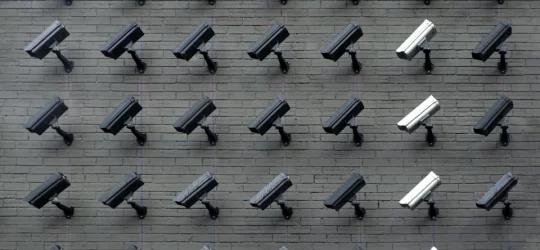How to handle cellphones, documents, and tapes in the evidence room
One of the many functions of the evidence room, and the reason for many of the rules and procedures when handling evidence, is to preserve the evidence and information from the case and crime scene to the extent possible. We’ve been discussing many different types of evidence, and here we’ll discuss a few more that officers may encounter on a routine basis. Let’s start with cellular telephones, VHS tapes, and paper documents. While each law enforcement agency undoubtedly has its own rules and procedures pertaining to the handling of cell phones, VHS tapes, and other documents, here are a few suggestions that might simplify things.
When handling cell phones, as a general rule, try not to turn the phone on or off. If it’s off, leave it off, and if it’s on, leave it on. That said, a savvy suspect might have the ability to delete all content remotely. If this is a concern, it might be a good idea to turn off the phone and remove the battery or, better yet, place the phone in a radio frequency shielding (faraday) bag. If the bag isn’t available, you can wrap the phone in aluminum foil paper. At least five wraps all around the phone should block all frequencies. Many evidence rooms have tools to download the phone data and store it in the digital evidence management system. Communicate the need to download the cell phone with the appropriate personnel as soon as possible. When seizing cellphones, it’s always a good idea to seize the charger with it. Keep in mind that downloading a cell phone will likely require either permission from the owner or a search warrant.
Concerning paper documents, make it a regular practice to photocopy everything, whether you’re returning the documents to the owners or not. Place original documents in clear bags, if possible, as the item may be readable without opening the package. If possible, scan all documents into your digital evidence management system and add a detailed description.
VHS tapes, while increasingly rare, still require some special attention. If possible, make a copy of the VHS tape before packaging it. A better solution would be to convert the tape to a digital copy and store it in your digital evidence management system. Do not store VHS tapes next to any magnetic field or object, as it could destroy the evidence on the tape. Do not package VHS tapes in plastic bags, as they may trap moisture which can result in damage to the tapes. Instead, use paper envelopes or bags to package the tapes, and make sure to seal them with date and initials after entering the information into your evidence management system.





